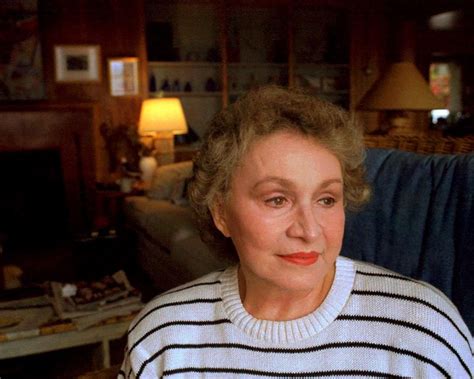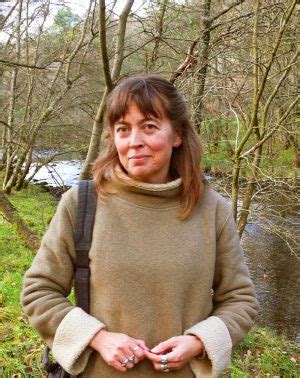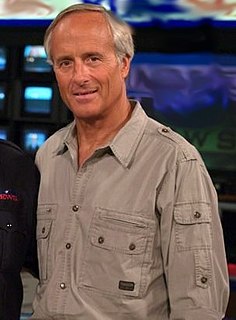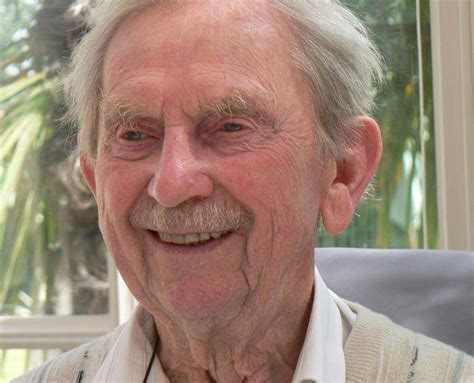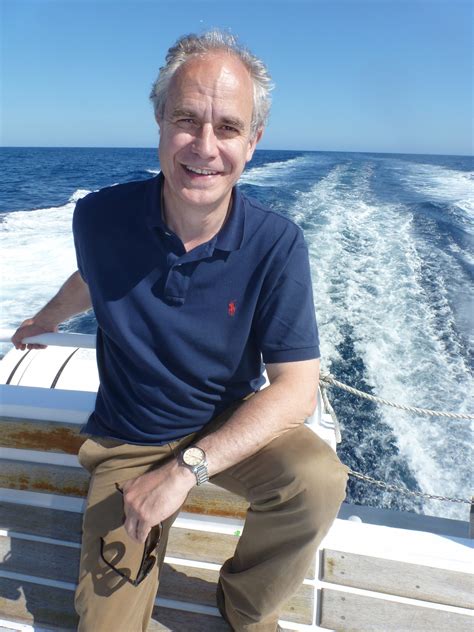A Quote by Anne Rivers Siddons
Perhaps the most important thing we can ever do in our lives is find a way to keep the wild-both the wild inside and the wild outside us-and tap into it.
Related Quotes
Hear and attend and listen; for this is what befell and be-happened and became and was, O my Best Beloved, when the Tame animals were wild. The dog was wild, and the Horse was wild, and the Cow was wild, and the Sheep was wild, and the Pig was wild -as wild as wild could be - and they walked in the Wet Wild Woods by their wild lones. But the wildest of all the wild animals was the Cat. He walked by himself and all places were alike to him
Love is not a hot-house flower, but a wild plant, born of a wet night, born of an hour of sunshine; sprung from wild seed, blown along the road by a wild wind. A wild plant that, when it blooms by chance within the hedge of our gardens, we call a flower; and when it blooms outside we call a weed; but, flower or weed, whose scent and colour are always, wild!
All humans are essentially wild creatures and hate confinement. We need what is wild, and we thrill to it, our wildness bubbling over with an anarchic joie de vivre. We glint when the wild light shines. The more suffocatingly enclosed we are - tamed by television, controlled by mortgages and bureaucracy - the louder our wild genes scream in aggression, anger and depression.
There are no wild, seedless watermelons. There's no wild cows... You list all the fruit, and all the vegetables, and ask yourself, is there a wild counterpart to this? If there is, it's not as large, it's not as sweet, it's not as juicy, and it has way more seeds in it. We have systematically genetically modified all the foods, the vegetables and animals that we have eaten ever since we cultivated them. It's called artificial selection.
Increasingly, we will be faced with a choice: whether to keep the oceans for wild fish or farmed fish. Farming domesticated species in close proximity with wild fish will mean that domesticated fish always win. Nobody in the world of policy appears to be asking what is best for society, wild fish or farmed fish. And what sort of farmed fish, anyway? Were this question to be asked, and answered honestly, we might find that our interests lay in prioritizing wild fish and making their ecosystems more productive by leaving them alone enough of the time.
In a civilized and cultivated country wild animals only continue to exist at all when preserved by sportsmen. the excellent people who protest against all hunting, and consider sportsmen as enemies of wild life, are ignorant of the fact that in reality the genuine sportsman is by all odds the most important factor in keeping the larger and more valuable wild creatures from total extermination.
We either have wild places or we don't. We admit the spiritual-emotional validity of wild, beautiful places or we don't. We have a philosophy of simplicity of experience in these wild places or we don't. We admit an almost religious devotion to the clean exposition of the wild, natural earth or we don't.
The eyes of the future are looking back at us and they are praying for us to see beyond our own time. They are kneeling with hands clasped that we might act with restraint, that we might leave room for the life that is destined to come. To protect what is wild is to protect what is gentle. Perhaps the wilderness we fear is the pause between our own heartbeats, the silent space that says we live only by grace. Wilderness lives by this same grace. Wild mercy is in our hands.
The cat will keep his side of the bargain. He will kill mice, and he will be kind to babies when he is in the house, just so long as they do not pull his tail too hard. But when he has done that, and between times, and when the moon gets up and night comes, he is the Cat that walks by himself, and all places are alike to him. Then he goes out to the Wet Wild Woods or up on the Wet Wild trees or on the Wet Wild roofs, waving his wild tail and walking by his wild lone.
